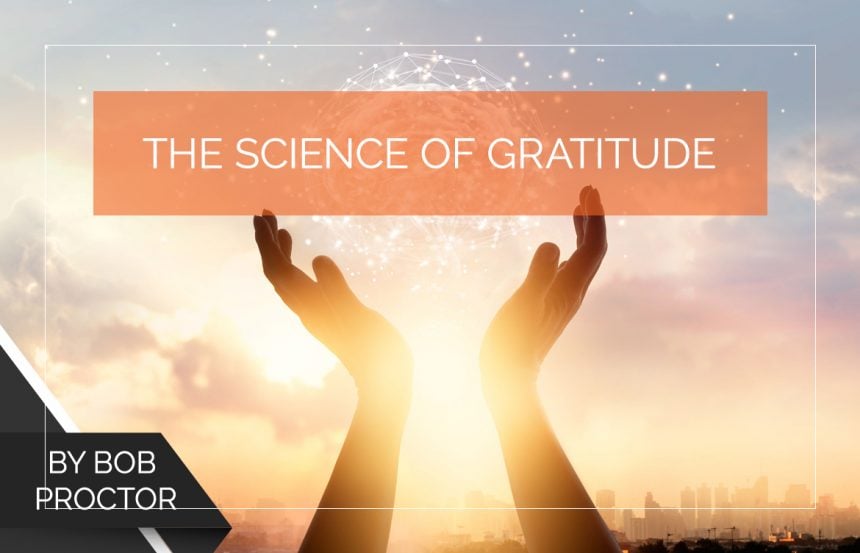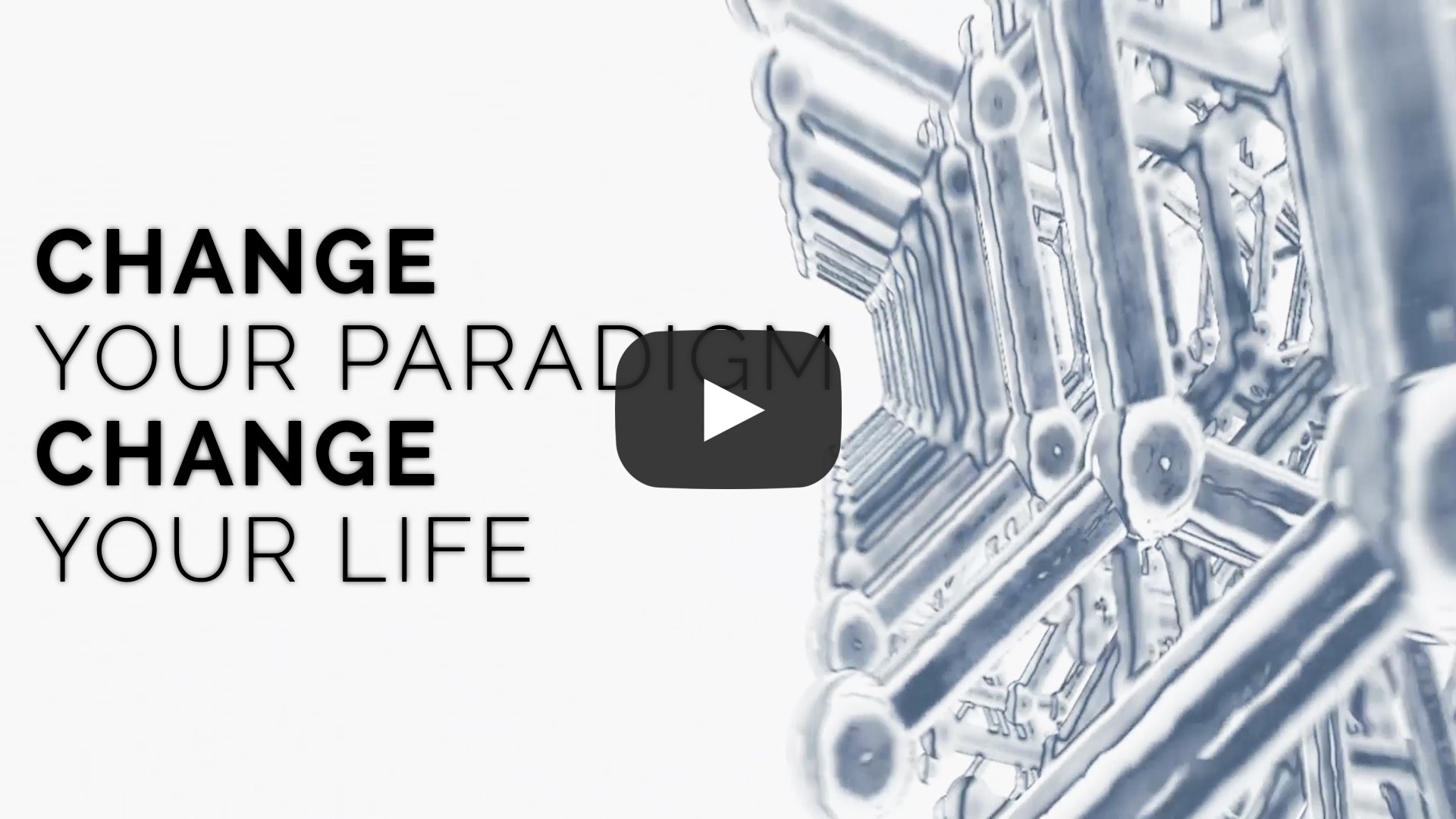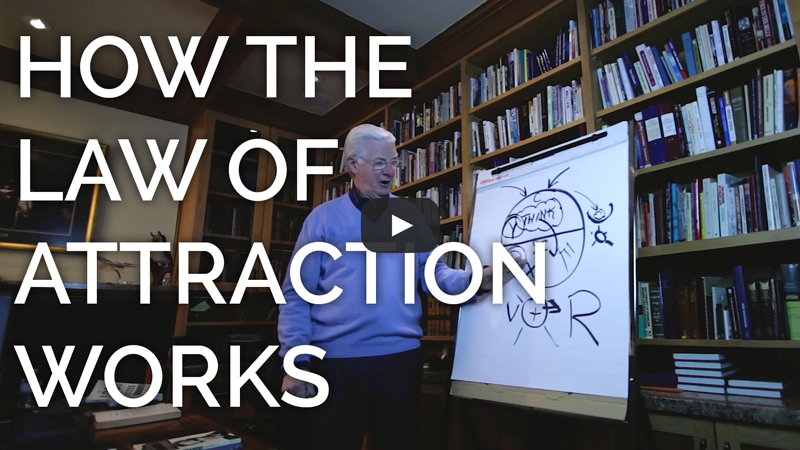
With Thanksgiving approaching in the U.S., millions of people will soon be doing a wonderful and powerful thing…
They will think and talk about what they’re most grateful for.
Scholars—such as Napoleon Hill, Wallace Wattles, Esther Hicks, to name a few—and spiritual leaders have deliberated on the importance and power of gratitude throughout history.
More recently, however, scientists have also weighed in by actually measuring its effects.
The Benefits of Gratitude
In 2018, The Greater Good Science Center published a white paper called “The Science of Gratitude” that outlined the following benefits of having a gratitude practice:
• increased happiness and positive mood
• more satisfaction with life
• less likely to experience burnout
• better physical health
• better sleep
• less fatigue
• greater resiliency
• development of patience, humility, and wisdom
This study also showed that groups that practice gratitude may have better social behaviors, stronger relationships, and increased job satisfaction.
A Closer Look at How Gratitude Affects Us
Mentally and Emotionally
In 2017, Joel Wong and Joshua Brown studied how gratitude affects our mind and body by assigning participants into three groups:
• Group One wrote a gratitude letter to another person every week for three weeks.
• Group Two wrote about their thoughts and feelings about negative experiences.
• Group Three didn’t write anything.
All three groups received counseling services.
At the end of the study, the researchers analyzed their findings and determined that gratitude does four things:
1. Gratitude disconnects us from toxic, negative emotions and the ruminating that often accompanies them. Writing a letter “shifts our attention” so that our focus is on positive emotions.
2. Expressing gratitude helps us even if we don’t explicitly share it with someone. We’re happier and more satisfied with life because we completed the exercise.
3. The positive effects of gratitude writing compound like interest. You might not notice the benefit of a daily or weekly practice, but after several weeks and months, you will.
4. A gratitude practice trains the brain to be more in tune with experiencing gratitude — a positive plus a positive, equal more positives.
How Gratitude Trains the Brain
Science shows that gratitude can increase important neurochemicals in the brain and body.
When thinking shifts from negative to positive, there is a surging of feel-good chemicals such as dopamine, serotonin, and oxytocin. These all contribute to the feelings of closeness, connection, and happiness that come with gratitude.
However, we must practice gratitude consistently to reap these rewards.
We know the brain changes with experience, so the more that gratitude is practiced, the more the brain learns to tune in to the positive things in the world.
Studies show that focusing on an experience for 20 seconds is long enough to create positive structural changes in the brain.
Ready to Train Your Brain for a Better Life?
Regardless of who you are or the circumstances of your life, your life can be better.
You can start by doing two things:
1. Develop a consistent gratitude practice where you not only say or write what you’re grateful for, but you also feel it.
2. Develop a mindset that aligns with the life you truly want to live.
Doing just one of those things will change what is going on inside you, which will automatically change the results you’re getting.
However, if you do both—deepen your gratitude practice and change your mindset—your life can improve dramatically. Likely much faster than you imagine.
There’s No Time Like the Present
As we approach the end of the year, it’s the perfect time to focus on deepening your gratitude practice and adjusting your mindset.
The benefits of doing so will be undeniable in 2020 because everything—your health, happiness, success in achieving your goals—is affected by the way you think and feel about your life.
So, I’d like to offer you some simple things you can start doing now to build positive momentum toward a happier, prosperous, and more fulfilling life in 2020:
1. Keep a daily journal of three things you are thankful for. (Download a 21-Day Gratitude Journal below.)
2. Look in the mirror each morning and suggest something you want to be, do, or have in 2020 (say it in the present tense as if you’ve already accomplished it).
3. Go to www.iMindset.com to sign up for a fun 21-Day Gratitude Challenge AND a free online seminar on shifting your mindset for a transformative 2020.
By participating in this challenge, you’ll join a vibrant online community of like-minded people from all over the world, and you’ll have a chance to share your experiences, read stories of what others are doing, and support each other’s journeys along the way.
4. Join millions online on December 13th for Mindset 2020, my free seminar that will help you change the mindset that you have right now to the mindset that will take you where you want to be in life.
Are you ready for a far better life?
Leave a message below that says, “I’m in, Bob!”
I look forward to working with you (and your friends) in the coming weeks as we prepare to make 2020 a mind-boggling, gratitude-filled year by thinking and feeling better than ever before.
To your success,
Bob Proctor








